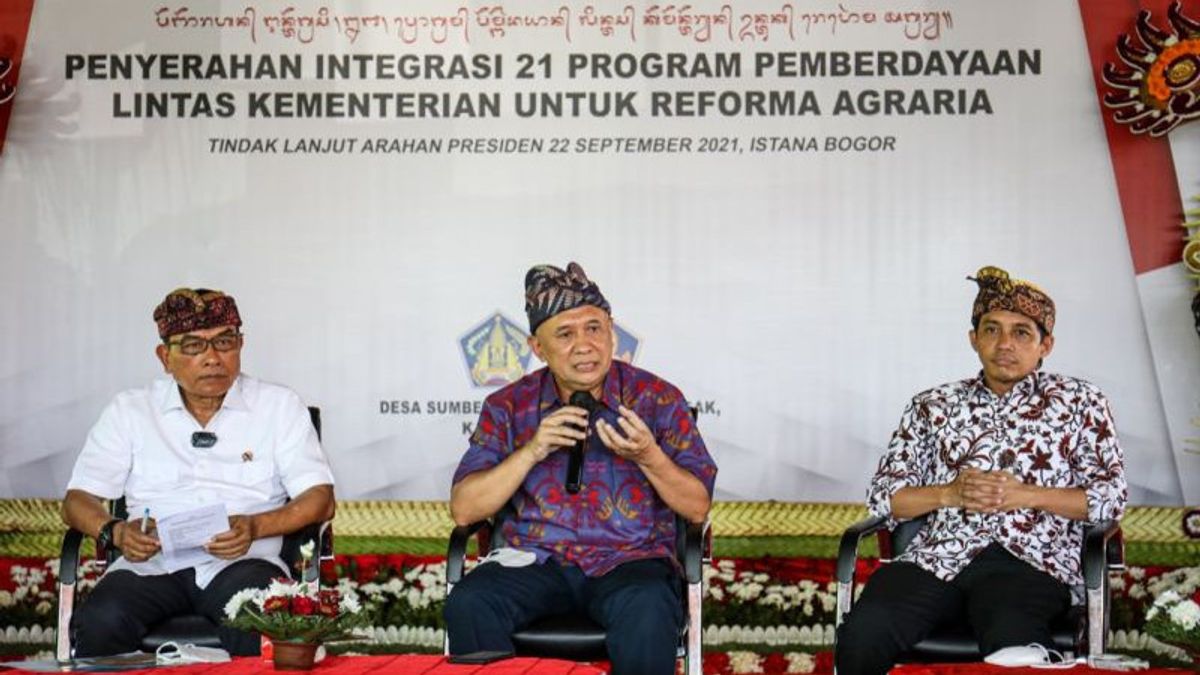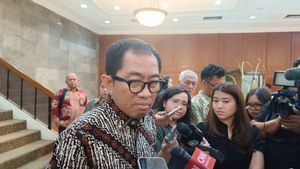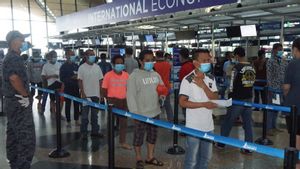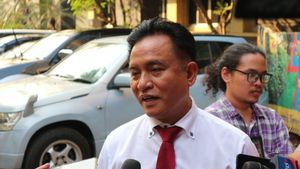JAKARTA - Minister of Cooperatives and SMEs Teten Masduki has prepared a number of agendas to empower farmers in social forestry areas, including through corporatization of farmers to support agrarian reform empowerment programs.
Efforts to implement the business model of farmer corporatization is to consolidate farmers who have narrow land and tend to join subsystems into cooperatives.
“Later on, the cooperative becomes an offtaker, buying cash products from farmers, then marketed by the cooperative. That way, financing from cluster People's Business Credit (KUR) to cooperative revolving funds will easily enter farmers through cooperatives," Tetetn said as quoted by Antara, Wednesday, June 22.
Agrarian Reform is one of President Joko Widodo's priority programs to help people have ownership rights over land that is problematic/conflicting.
Currently, as many as 28 million certificates have been submitted by President Jokowi through the Ministry of Agrarian Affairs and Spatial Planning/National Land Agency (ATR/BPN) throughout Indonesia.
The granting of the certificate means that the community borrows an area of 2 hectares (ha) within 35 years with the concept of social forestry, so that social land management is expected to become a source of economic growth in the region.
"As the Coordinating Minister for SMEs and Cooperatives, I am willing to develop the business model, together with the Minister of Agriculture, later on, in an economic scale, there will be a social agriculture business model. People can grow bananas, vegetables or other plants,” he said.
Teten stated that he is thinking of ways so that farmers who have narrow lands can build farmer corporatization by processing products according to market demand.
Now, the Coordinating Ministry for Cooperatives is said to have piloted an ongoing farmer corporatization business model.
Such as the corporatization of banana farmers in Lampung, Aceh, and Garut in West Java (Jabar). Then for commodities in vegetables, they are in Ciwedey, West Java.
"In the future, we are also in the process of developing for oil palm farmers in Sumatra to produce red edible oil which has high health benefits, especially in overcoming stunting," said Teten.
In the agrarian reform program, Kemenkop has four activities consisting of assistance in accessing KUR, strengthening farmer groups and cooperatives, physical and non-physical Special Allocation Funds (DAK), and further assistance.
The agrarian reform in Sumberklampok Village, Buleleng, Bali involved a number of related ministries/institutions. Starting from the Presidential Staff Office, the Ministry of Agriculture, the Ministry of Villages, Development of Disadvantaged Regions, and Transmigration, the Ministry of Cooperatives, the Ministry of Maritime Affairs and Fisheries, and the Ministry of ATR/BPN.
The English, Chinese, Japanese, Arabic, and French versions are automatically generated by the AI. So there may still be inaccuracies in translating, please always see Indonesian as our main language. (system supported by DigitalSiber.id)








